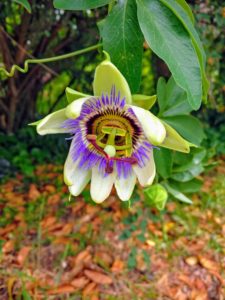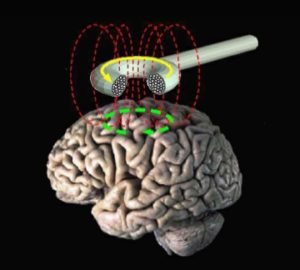Herbal Medicines for Depression
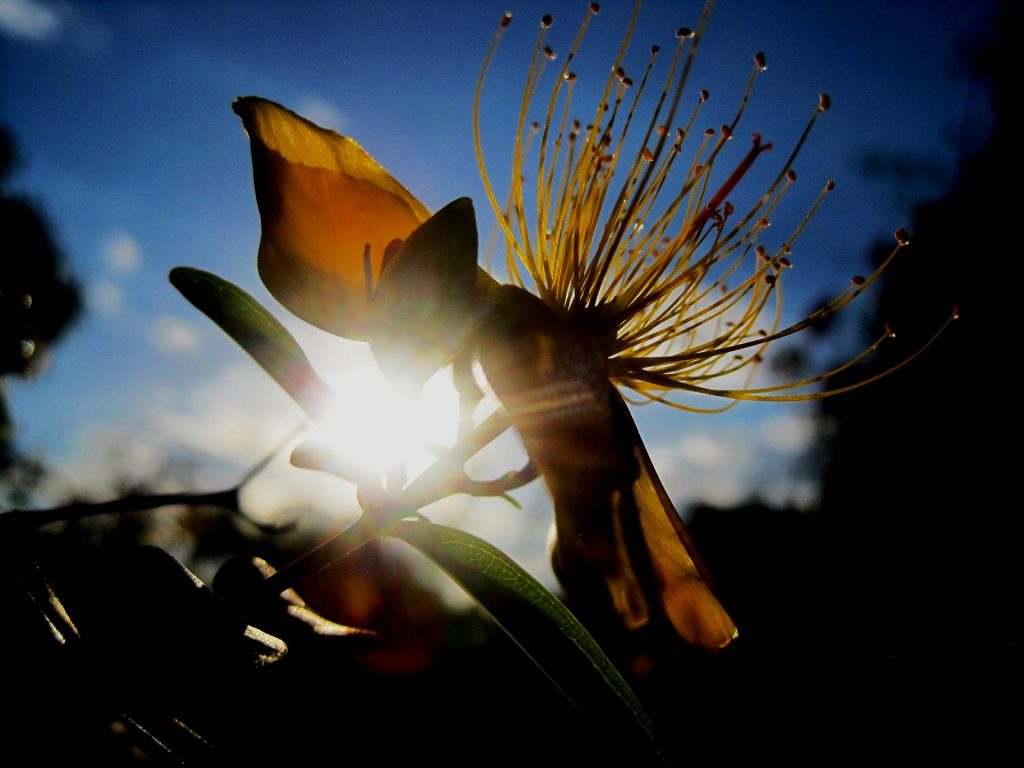
Treating depression can be complicated. Standard medications have limited efficacy and some concerning side effects. You also need to consider potential underlying causes, as excess inflammation, hormonal imbalances and nutrient deficiencies can all play a part.
Once underlying factors have been ruled out or treated, there are a number of herbs that have significant evidence for helping improve mood. Probably the three best studied herbs for depression include:
- St. John’s Wort
- Saffron
- Curcumin (from turmeric)
St. John’s Wort (Hypericum perforatum)
St. John’s wort is probably the best known natural treatment for depression. And it’s well known for good reason. The latest research strongly suggests that St. John’s wort is effective for mild to moderate depression with fewer side effects than standard medication (Apaydin 2016). Due to a lack of studies in its use for more severe cases, efficacy for severe depression is not yet established.
The herb appears to work through a number of potential mechanisms. First, St. John’s wort has similar activities to standard medications. It appears to inhibit reuptake or clearance of serotonin, dopamine and norepinephrine (Muller 1998). Interestingly, it also appears to block reuptake of GABA, a relaxatory or calming neurotransmitter and L-glutamate, a stimulatory neurotransmitter (Chatterjee 1998).
Inflammation worsens depression. St. John’s wort may also help improve mood through its anti-inflammatory properties. While better studied for cancer, St. John’s wort poses significant anti-inflammatory effects (Menegazzi 2020).
It’s worth noting that St. John’s wort does have some potential side effects. It can cause sensitivity to sunlight, which in rare cases can be severe. Sunlight combined with St. John’s wort can activate a free radical process that damages nerves, creating prickling or burning pain following sunlight exposure (Bove 1998). In addition, St. John’s wort can increase the metabolism and clearance of some drugs. Caution is advised when combining St. John’s wort with other medications (Awortwe 2019).
Saffron (Crocus sativus)
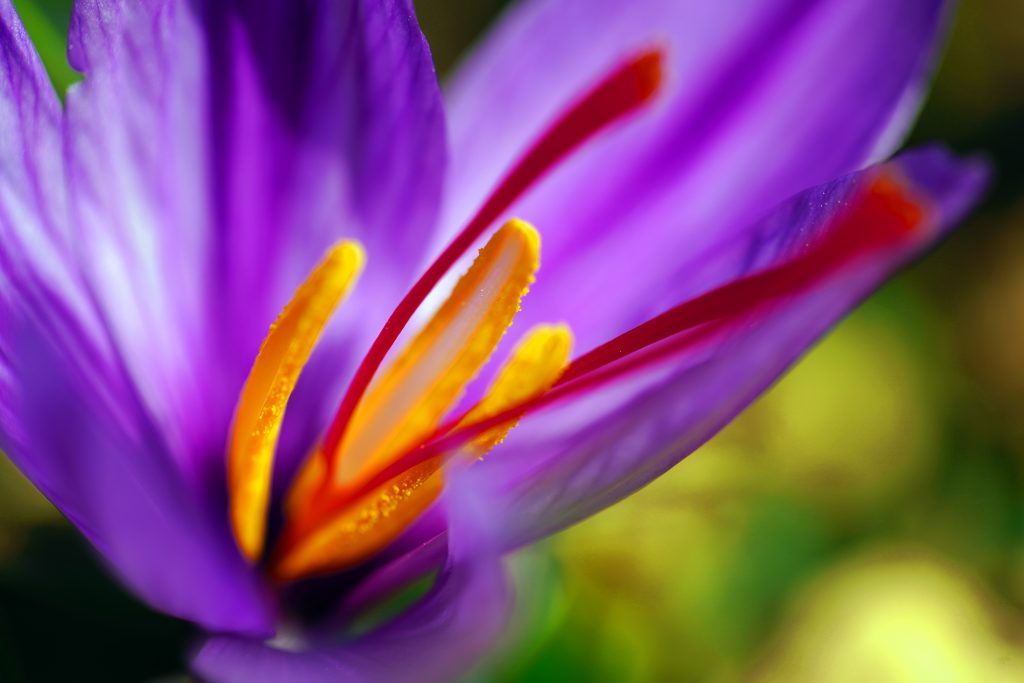
The kitchen spice saffron has been gaining attention in the published research for a number of potential benefits (Poursamimi 2020). Saffron has been used as a kitchen spice and medicine for thousands of years. The difficulty of harvesting large quantities of the herb makes saffron one of the most expensive spices in the world.
The constituents of saffron include flavonoids and carotenoids that give the spice its intense color. These compounds also appear to be what gives saffron it’s potential medicinal effects. Saffron has been shown to be antioxidant and anti-inflammatory (Ghaffari 2019). These benefits appear to protect the brain. Studies on stress-induced learning and memory problems have been shown to be ameliorated by saffron (Ghadrdoost 2011).
Saffron also appears to improve production of brain-derived neurotrophic factor (BDNF) (Hassani 2014). This compound helps nerve cells grow and reproduce and is often described as “fertilizer for the brain.”
There are over 20 published clinical trials evaluating saffron for treating depression. A recent review of the research on saffron for depression found that it was as effective as standard medication, is more effective than placebo, and has minimal side effects (Dai 2020). The authors suggest that saffron could be considered as an alternative treatment for mild to moderate depression.
Curcumin (from turmeric, Curcuma longa)
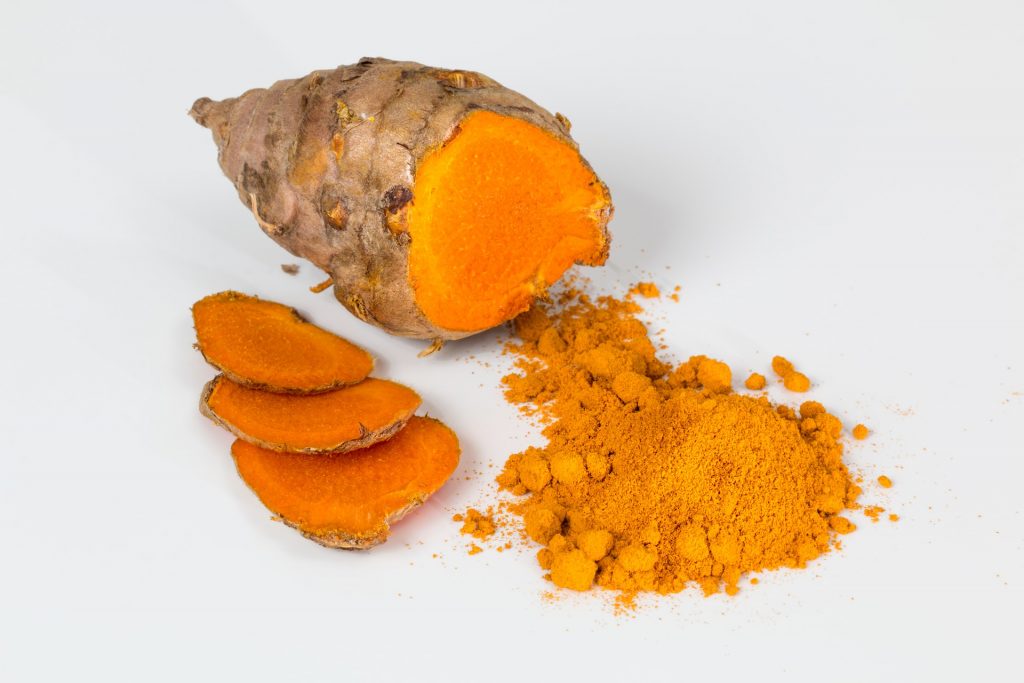
Curcumin is the yellow pigment found in the kitchen spice turmeric. While known mostly for its anti-inflammatory properties (Martin 2020), curcumin also has documented effects on mental health. Depression, anxiety, schizophrenia, and attention deficit disorder all have known correlations with brain inflammation (Ouabbou 2020, Leffa 2018). Part of the benefits of curcumin for mental health likely comes from reducing this inflammation.
Beyond direct anti-inflammatory effects, curumin also appears to have other activities that benefit mental health. Preliminary studies appear to indicate that curcumin can help repair damaged brain cells. In an animal model of traumatic brain injury, curcumin reversed cognitive dysfunction (Wu 2006). These benefits correlated with improved levels of BDNF.
Other findings suggest that curcumin may affect neurotransmitter levels including serotonin and dopamine. Stress depletes serotonin in rats. Rats treated with curcumin maintain levels of serotonin more effectively during stress (Lee 2018). At high enough doses, curcumin also appears to increase dopamine and norepinephrine (Seo 2015). Effects on neurotransmitters by curcumin may be partly due to its inhibitory effects on the enzyme that breaks them down: monoamine oxidase (Zhang 2019).
Clinical trials of curcmin on depression have also found mostly positive results (Asadi 2020, Kanchanatawan 2018, Lopresti 2015). While more rigorous studies are needed, on the whole, the current data suggests that curcumin is likely effective for treating depression (Sarris 2021). It also has minimal side effects.
Conclusion
Several herbal products are starting to emerge as potentially viable alternative treatments for depressive disorders. Currently, the evidence is suggestive that St. John’s wort, saffron and curcumin all may have beneficial effects on reducing depressive symptoms.

